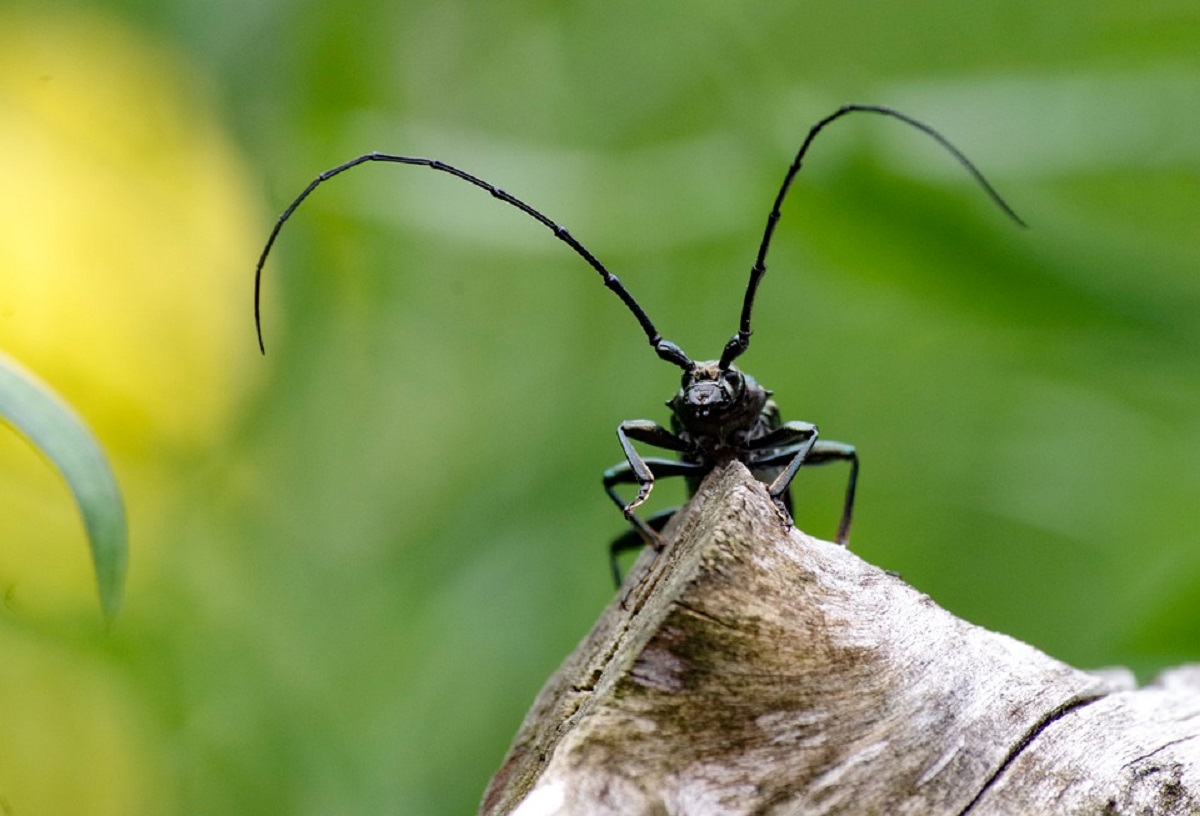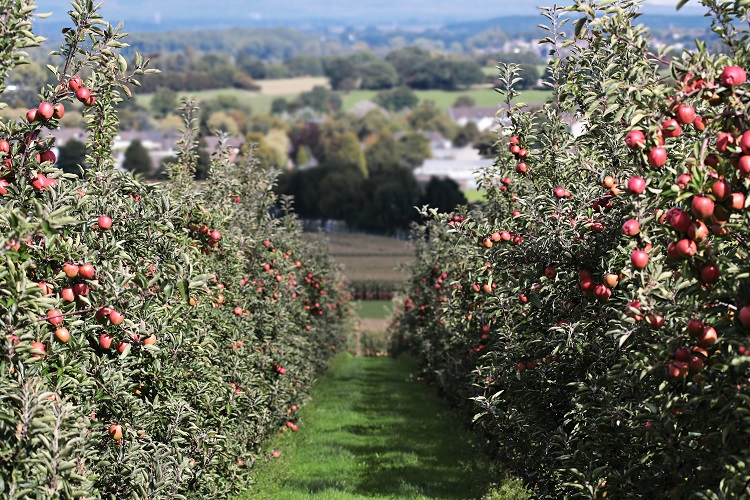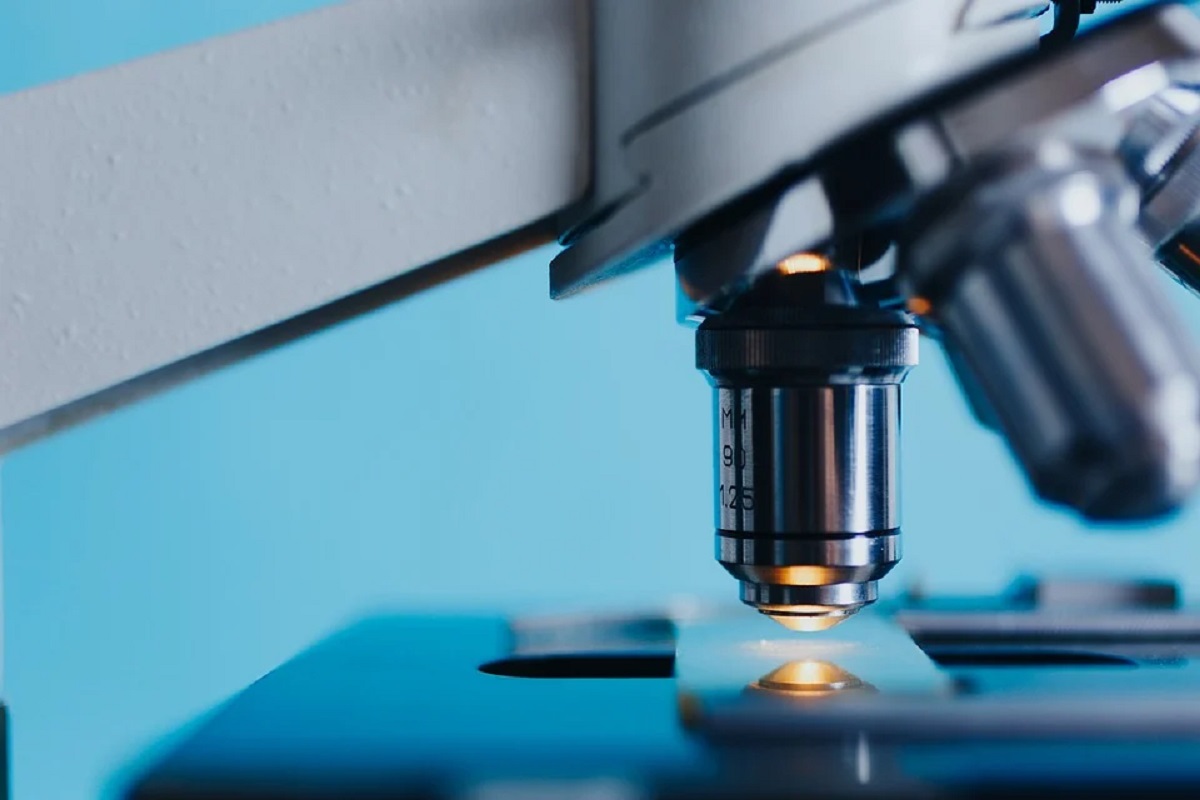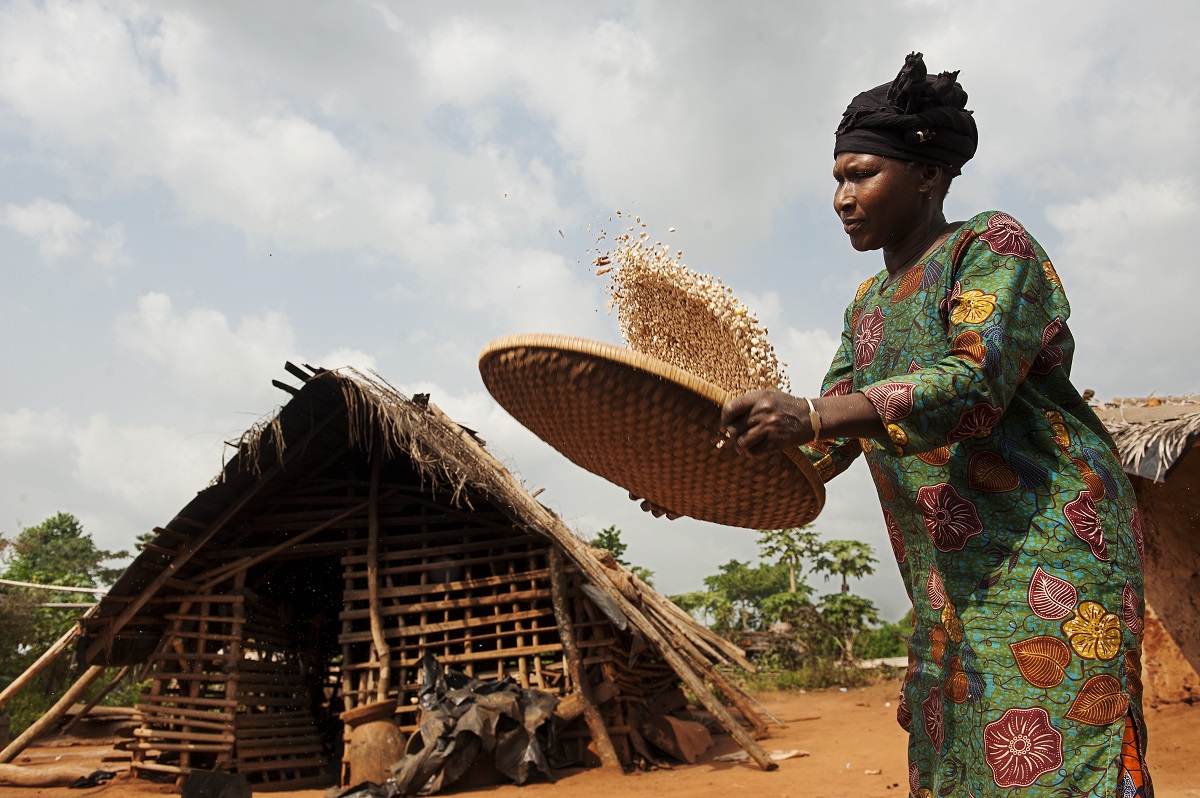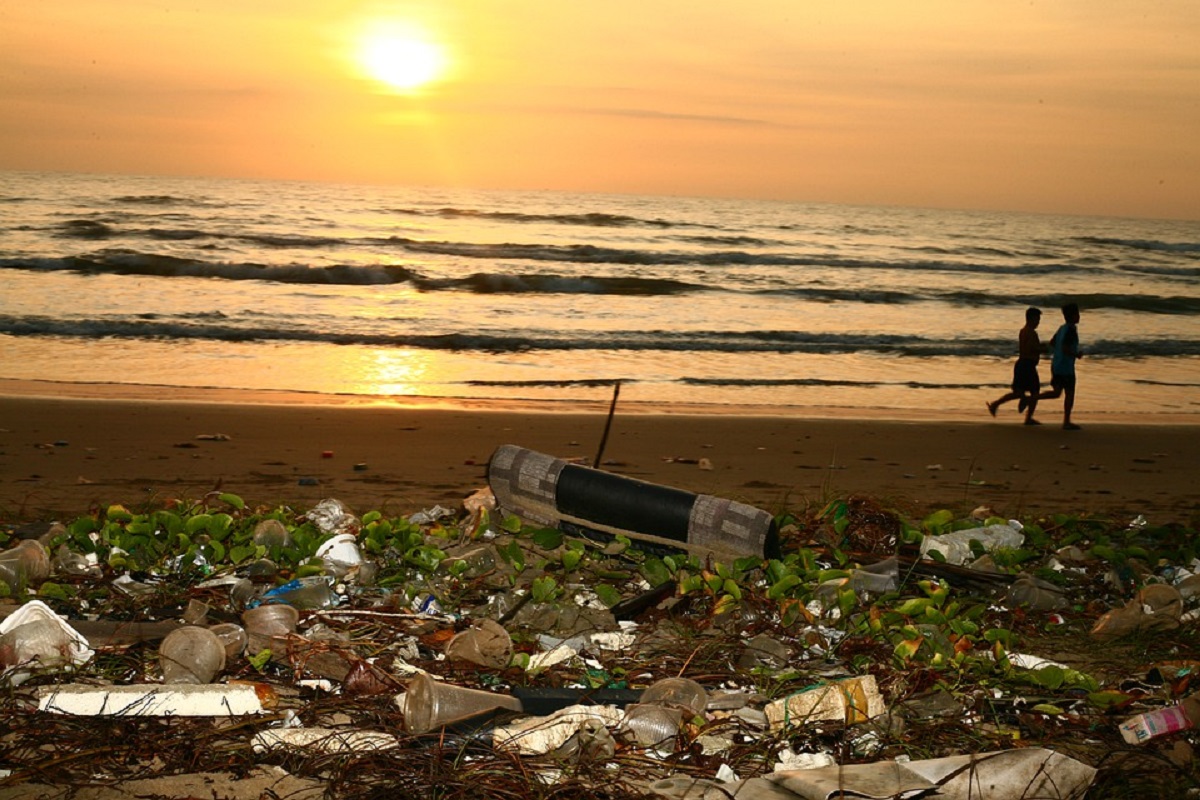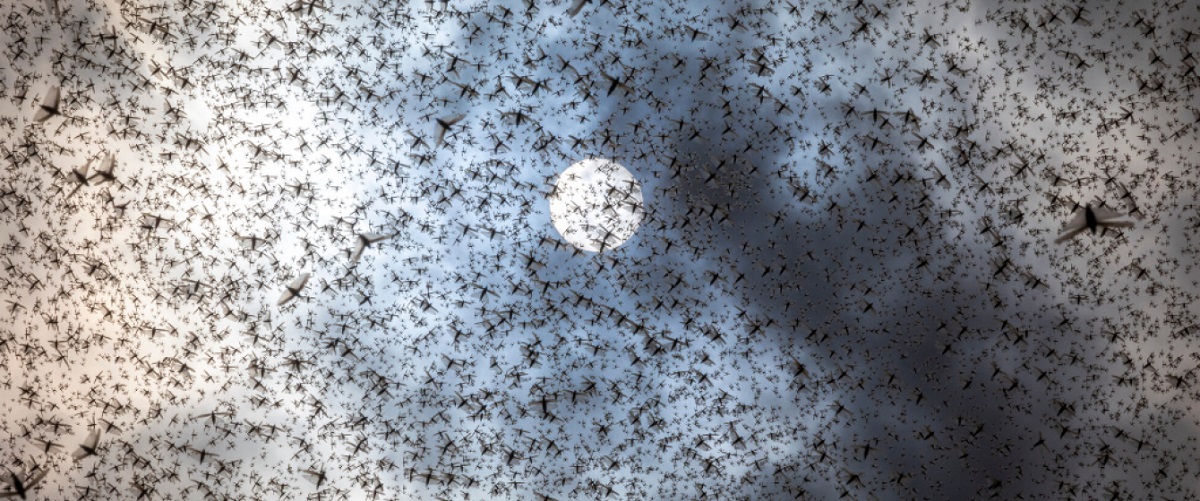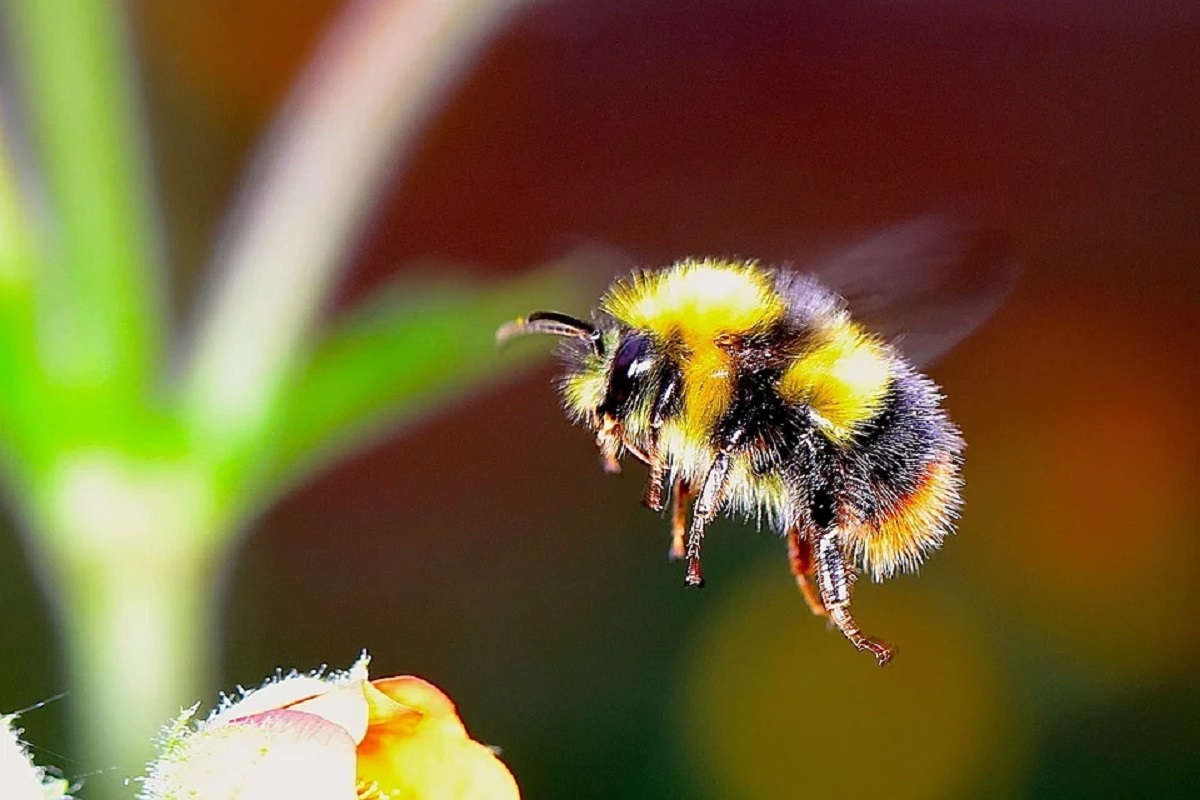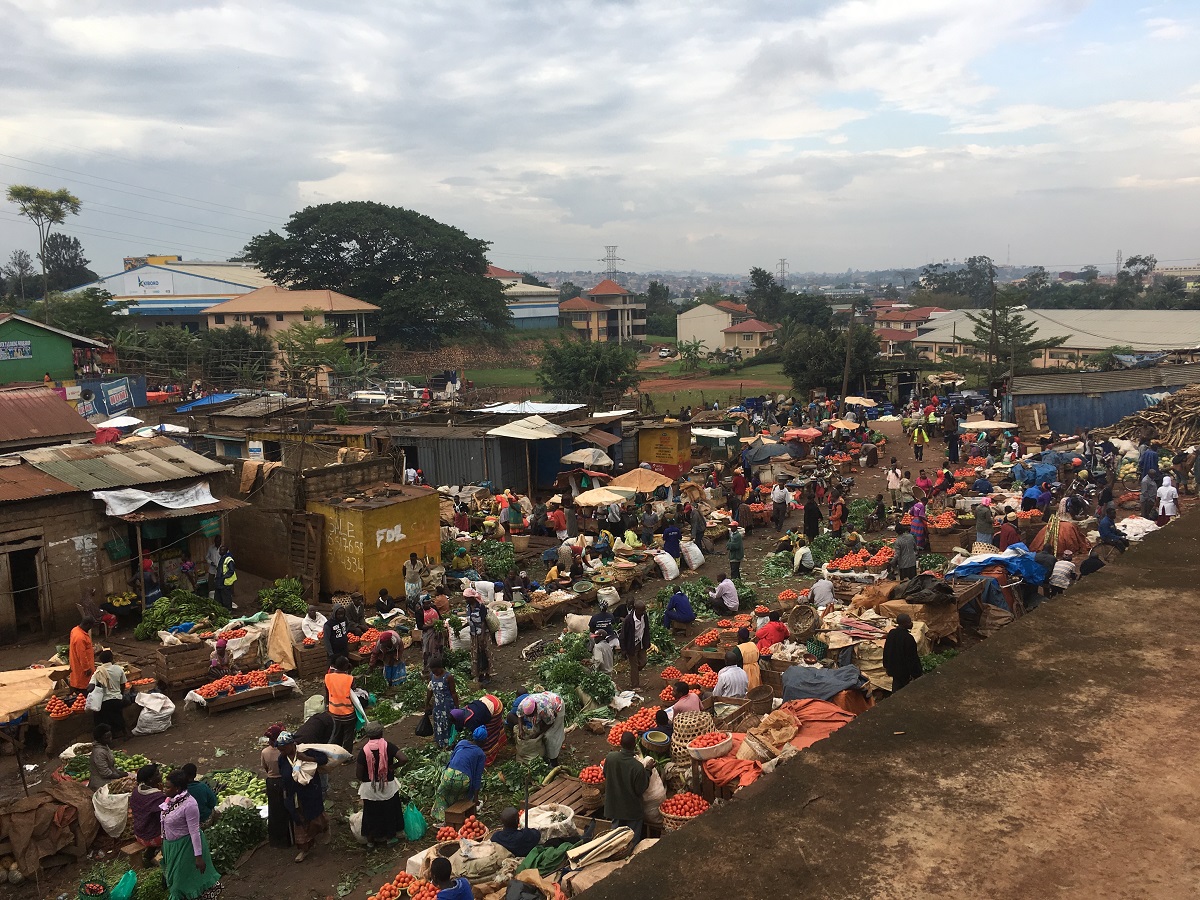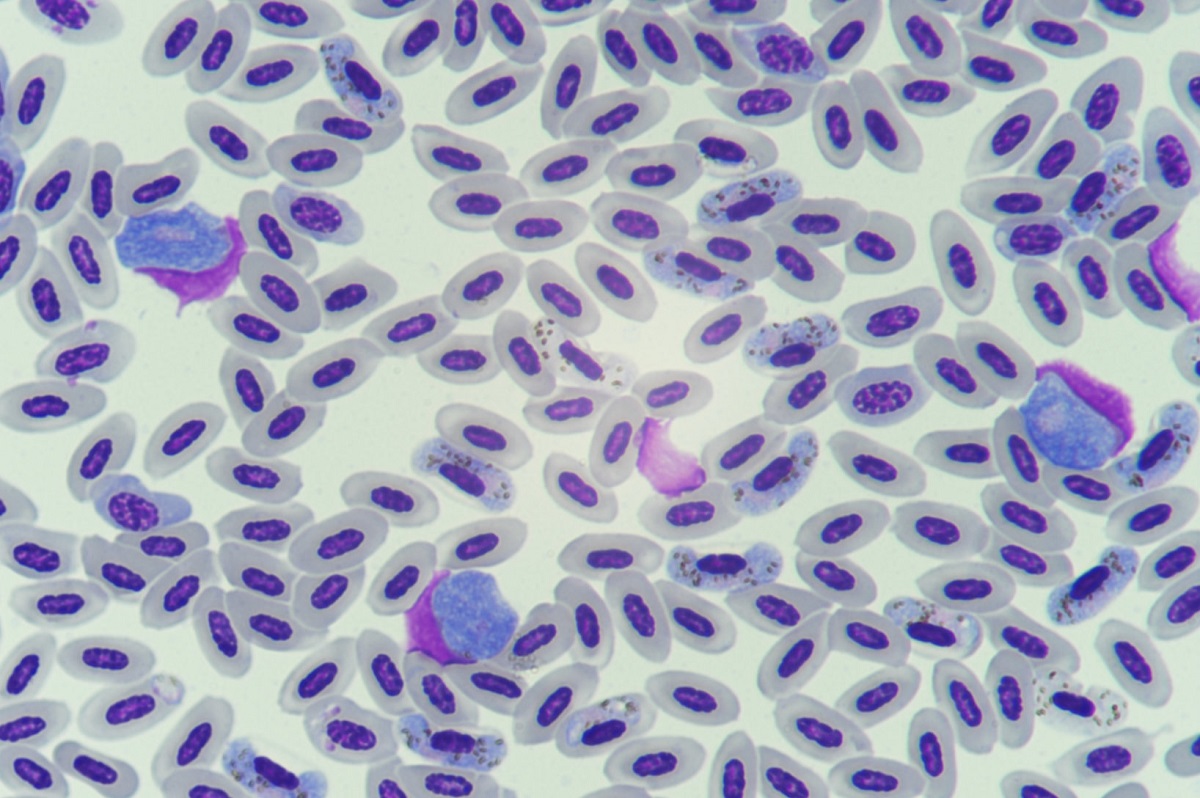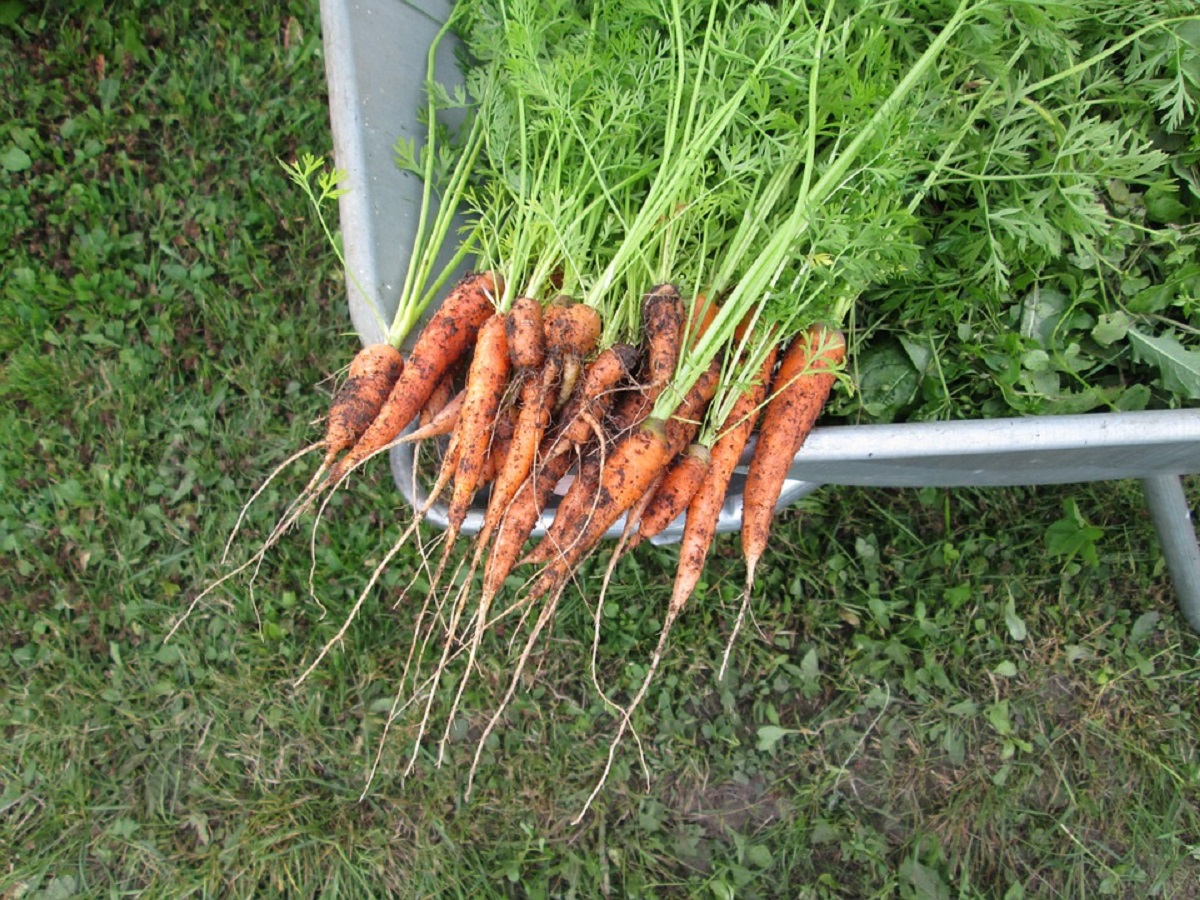News - 2020
Every time we sink our teeth into a square of chocolate, we should spare a thought for the unappreciated and tiny cocoa midges that pollinate the cacao flowers, from which we get cocoa beans, the raw material for chocolate. The midges do all the...
Critters, creepy-crawlies, bugs, scuttlers, beasties – just a few of the many nicknames given to our insect friends. This year for National Insect Week, the theme is ‘little things that run the world’ and the Royal Entomological Society is asking...
‘Growing Kent & Medway’, a project focused on strengthening the competitiveness of Britain’s horticulture, food and drink industries, has been awarded £18 million in funding under the UK Government’s ‘Strength in Places’ scheme.
Building on...
Like most of the UK, NRI began the process of closing down its office and laboratory-based work the week immediately preceding official lockdown, and those who could, began working from home. Since then, only one or two people have been allowed on...
Valerie Nelson | Olga Martin-Ortega | Gillian Summers
All workers in the world have a right to decent work: safe and healthy working conditions, protection against discrimination, fair and adequate remuneration, freedom of association, and other...
World Oceans Day is marked each year on June 8th, with its aim of “raising awareness of the vital importance of our oceans and the role they play in sustaining a healthy planet.” It’s a day where people and organisations come together – this year...
As the world reels from the deadly ravages brought by COVID-19, another plague – at least as old as mankind itself – is devastating huge swathes of east Africa and the Middle East, and is going largely unnoticed. Massed swarms of desert locusts,...
World Hunger Day which this year fell on May 28th, exists to draw attention to global poverty and food insecurity and to elicit a response from those who can help. For many years, NRI has been finding ways to tackle various issues within the food...
The UN has adopted by consensus, a resolution declaring that 20th May will become known as World Bee Day so that, “every year on this day, the attention of the global public will be drawn to the importance of preserving bees and other pollinators....
The significant impacts of COVID-19, accompanied by national policies for managing the virus – travel restrictions, home quarantine, non-essential business and school closures, and social distancing – have led to major disruptions in daily life,...
The World Health Organization and the United Nation’s slogan for World Malaria Day 2020 is “zero malaria starts with me”. Described as a grassroots campaign to keep malaria high on the political agenda, the aim is to mobilise additional resources...
Queues, panic-buying and supermarket shelves stripped bare, anyone who has recently tried to do a weekly shop will have had something of a wake-up call. Here in the UK, the food systems that we take for granted are struggling, with a nation under...



